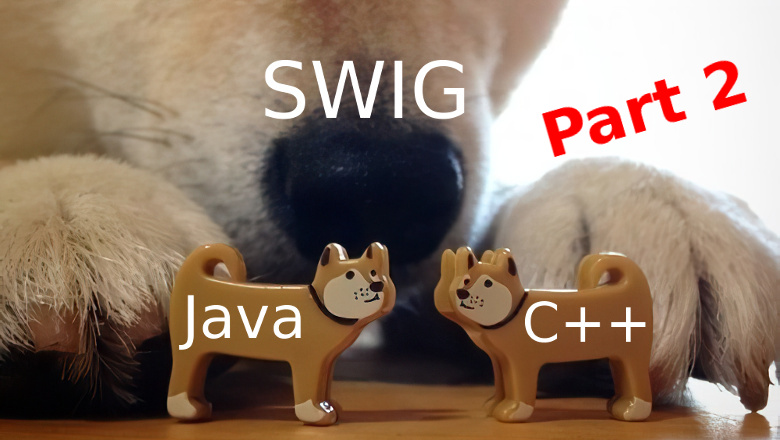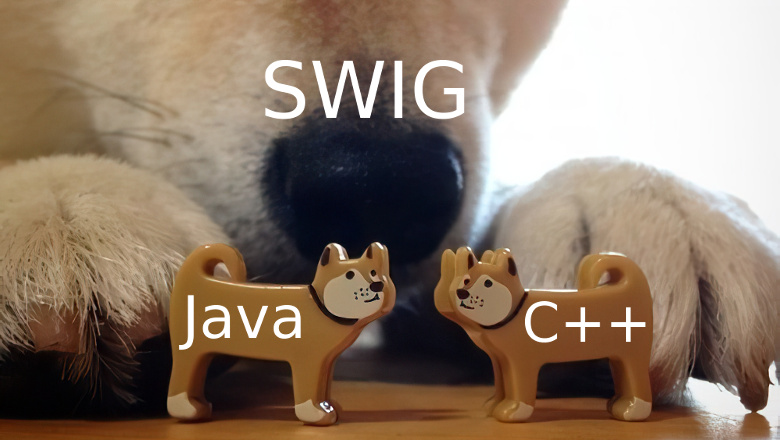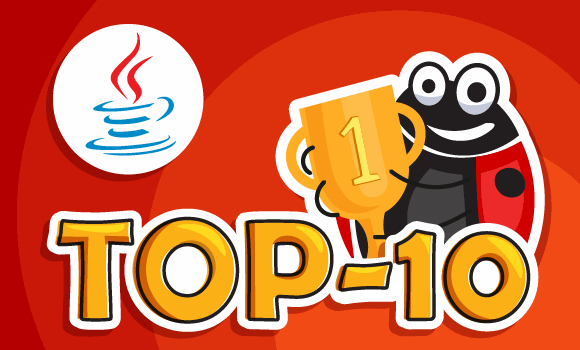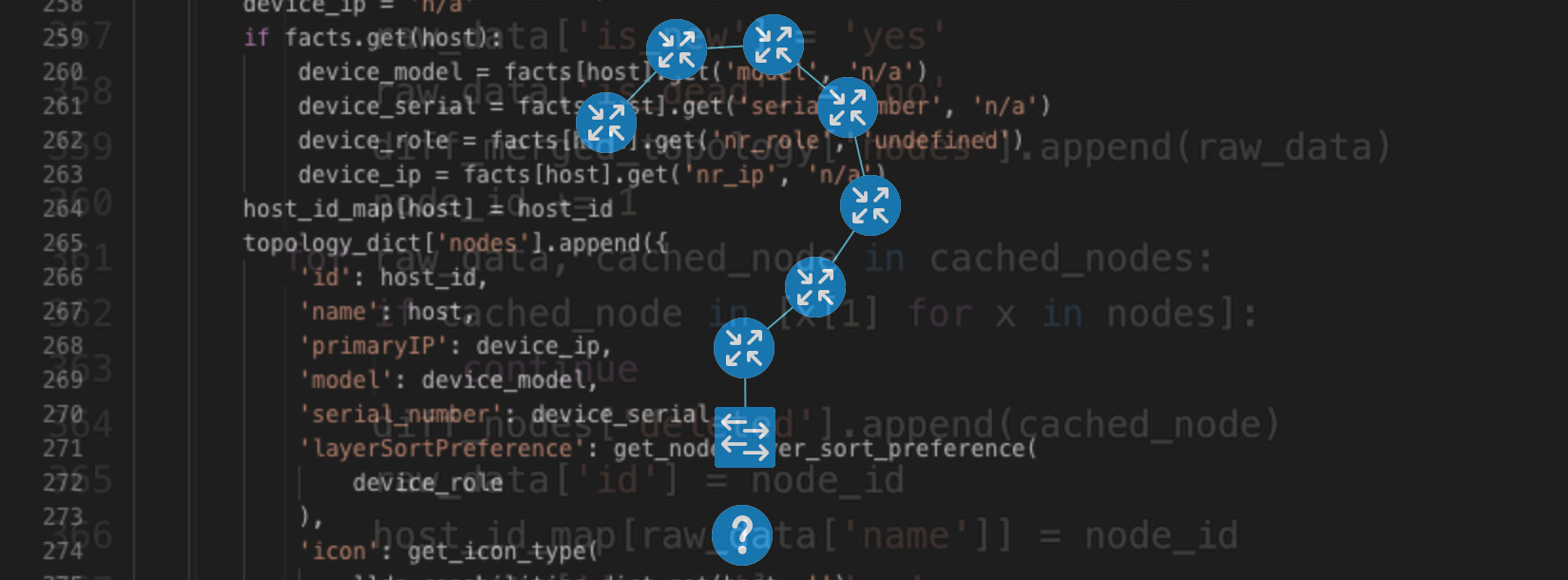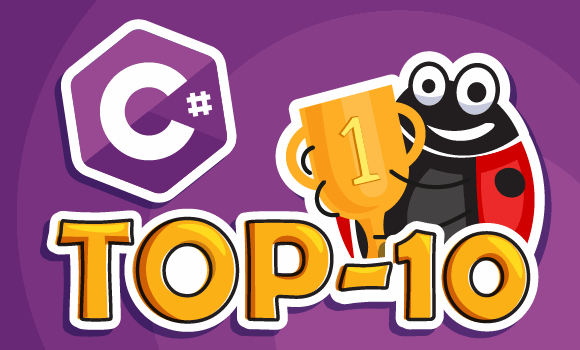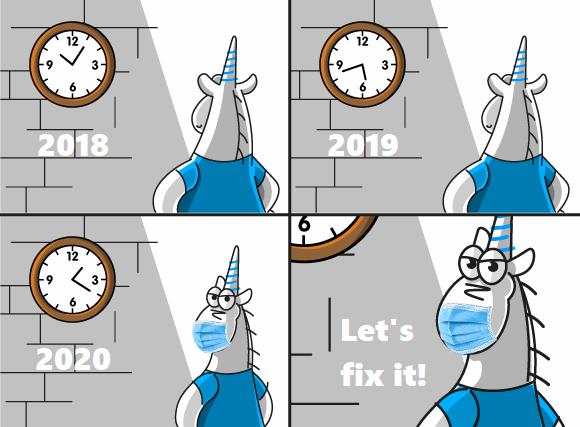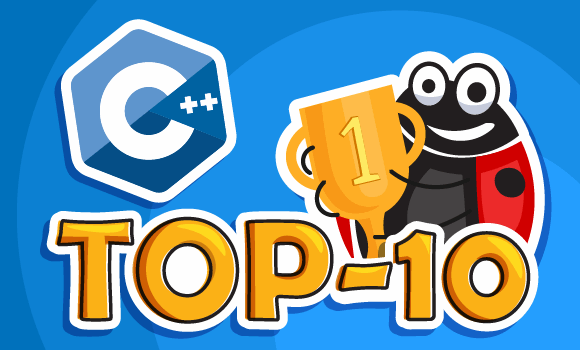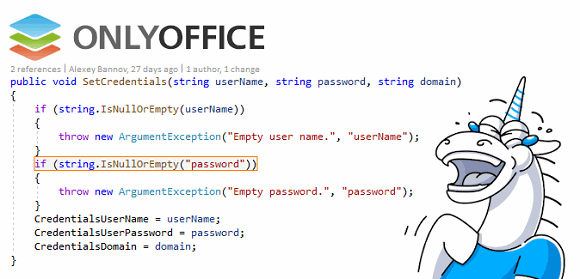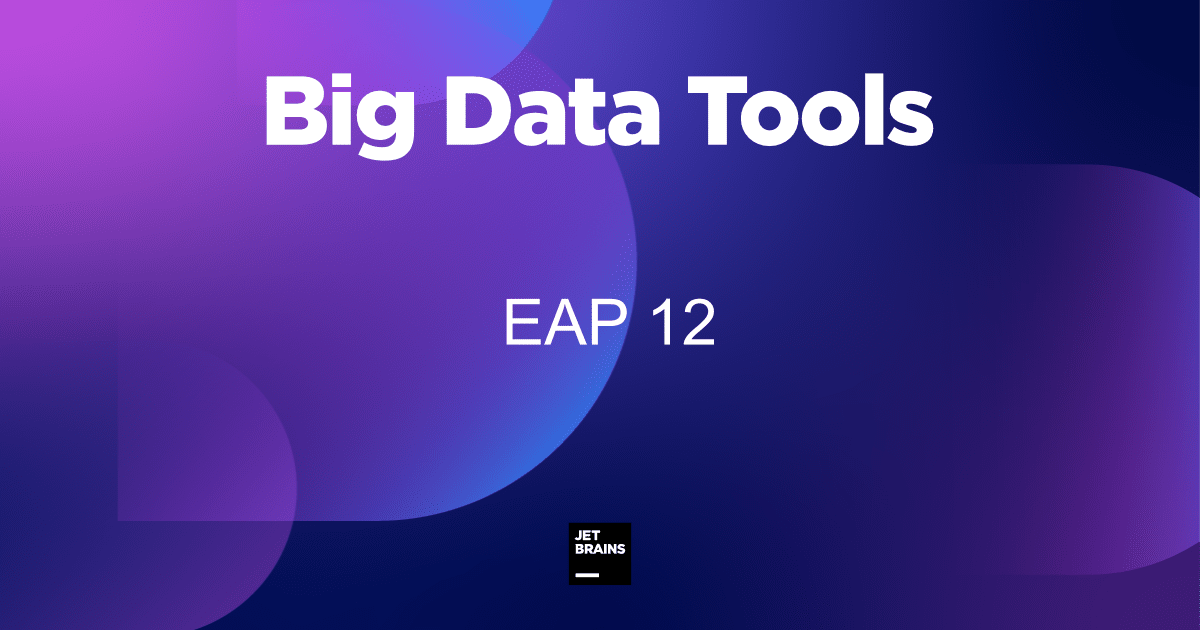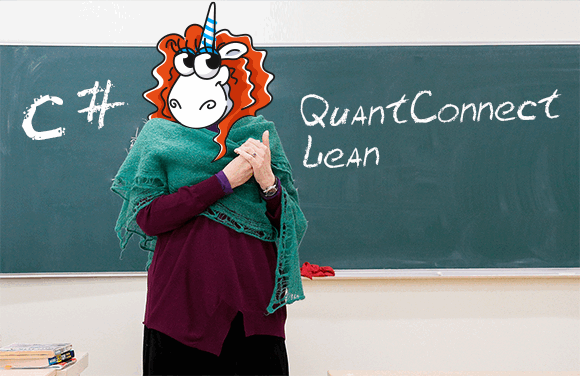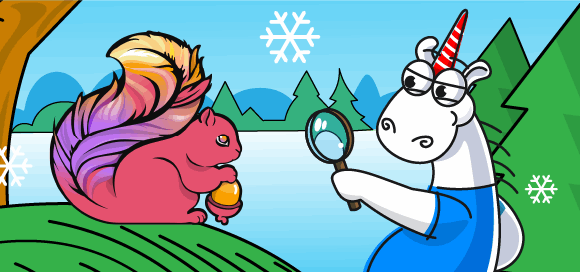SWIG is a tool for generating cross-language interfaces - it provides interoperability of C++ and other languages (C++ and Java in our case). SWIG just simplifies and automizes cross-language interaction; otherwise, you may end up with thousands of lines of handwritten JNI code - but SWIG covers this for you.
This guide is for newbies (Part 1) and for those who experienced in SWIG (part 2). I'm starting from basic setup and usage and ending with complex & weird cases encountered in development. The latter cases are not so complex, rather usual for modern languages, which SWIG doesn't support yet (as lambdas).
This guide is practical. In opposition to overcomplicated huge-volume SWIG documentation, this guide is showing the cases practically. The bits developed by myself while working on the different projects or taken from StackOverflow. This guide allows you to quick-start an Android Studio project and giving practical examples of using SWIG. The link to the Android Studio project is here.
This guide is Android-first. The goal was to make it simple to onboard for Android developers. There are many articles about SWIG, but they are mainly for desktop Java applications, and it is quite an overhead to just try them on Android to check if the solution for the particular problem is working. While this guide includes an Android Studio project, with which you can play around instantly. Of course, all the information given here applies to any Java application.
Warning! I should warn you, that nowadays cross-platform development offers powerful tools. If you are developing a new application it is much more cost-efficient in practice to use ReactNative, Flutter of Kotlin-Native than the SWIG. While SWIG is more suitable to connect the C++ library or existing C++ application core.
